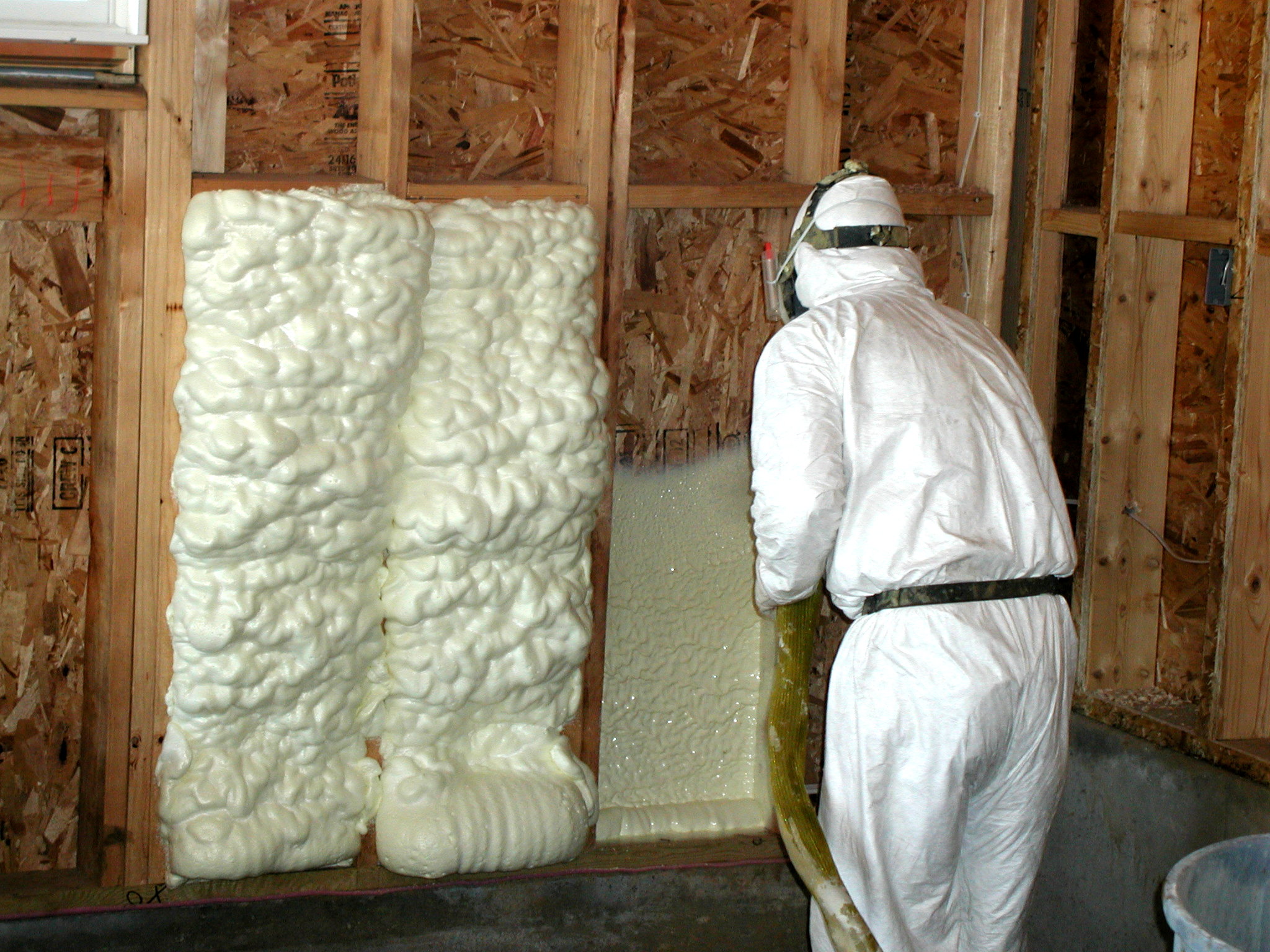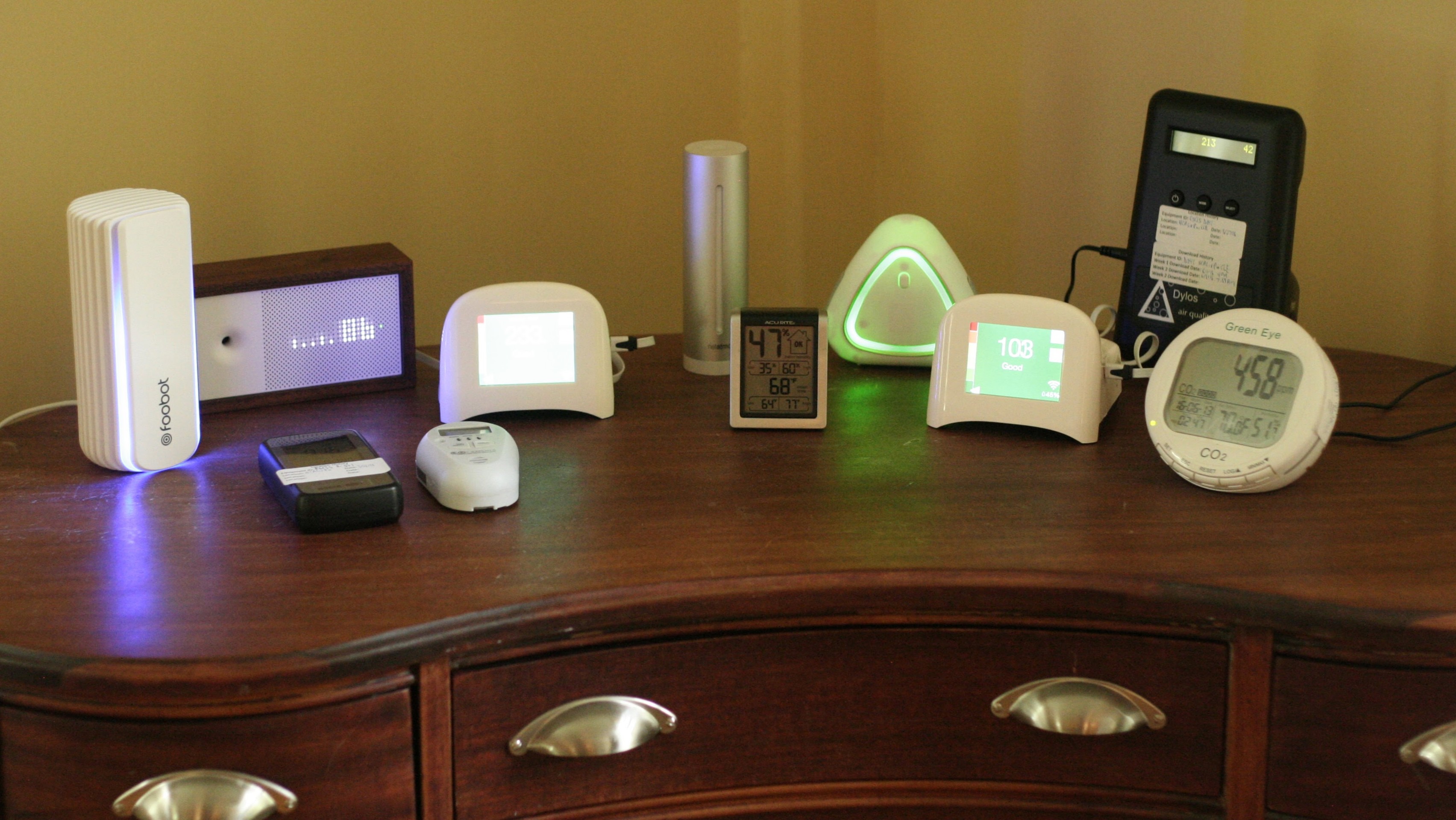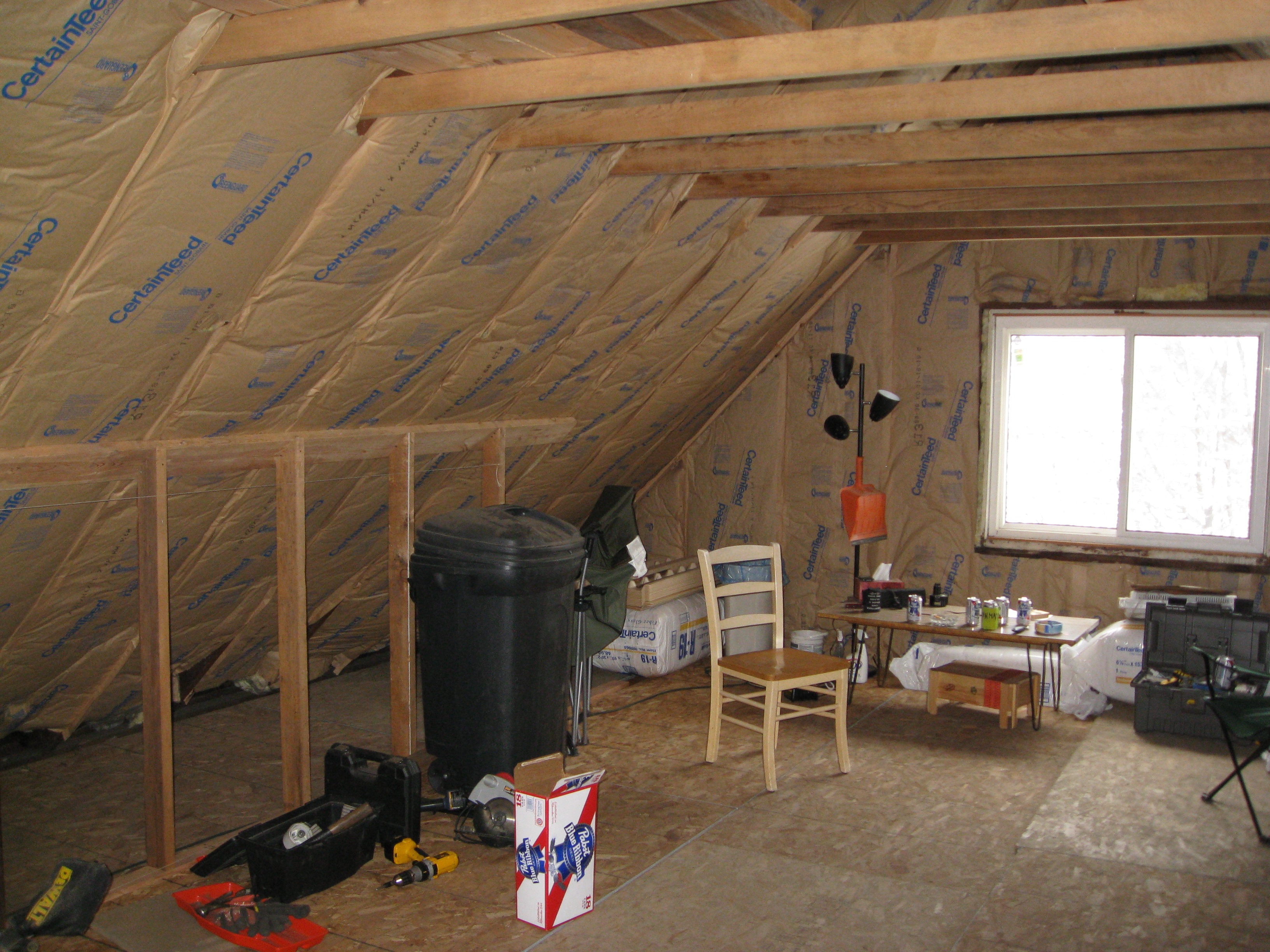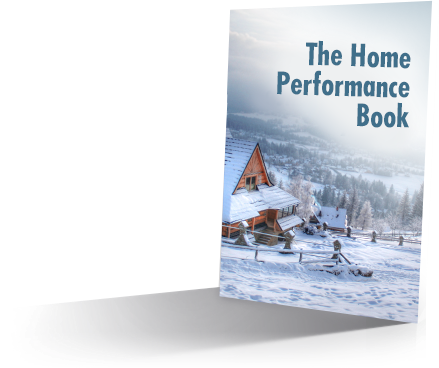Pest Control
Do your kids (or, admit it, you) cringe when going to the basement because of the spiders and creepy crawlies you find there?
Are ants or other multi-legged creatures taking over in spring and fall when the weather changes?
Do you have to lay a ton of mouse traps because there’s a party in your attic or basement?
Are you concerned about the nasty chemicals used for pest control affecting your kids, contributing to respiratory or cognitive problems, or hurting their life expectancy (we are.)
Are you just tired of paying the pest control guy every year to deal with symptoms, but not the actual cause?
It’s counterintuitive, but Home Performance can reduce or fix two of the root causes of pest infiltration – where they come in, and moist environments. If you have consistent problems with pests coming into your home, believe it or not insulation, air sealing, and your heating and cooling systems could be part of the solution. We call these Home Performance measures. Seems kind of weird, doesn’t it?
There are several ways that Home Performance affects pests like insects, spiders, mice, squirrels, raccoons, and other critters coming into your home. It is likely that this will just be a nice side effect of your project, but a pretty cool one, eh? Let’s dig deeper into how a Comprehensive Home Performance upgrade can reduce pest problems in your home.
Source Control – Stop Air Leaks
Where do pests come in? Holes. Where are the holes they come in? Lots at the bottom of your home in the basement or crawlspace area, some in the walls, and some through the attic. One of the main objectives of Home Performance upgrades to to reduce the air leakage coming in and out of your home, because these are major drivers of your energy bills (leakage is 30-70% of your heating and cooling bills.) How do we seal it up? We seal holes, especially in the basement and attic. The same ones critters come in through. We are sometimes called just for our air sealing expertise to stop pest infiltration.
Humidity Control – Reduce Pests and Moisture Problems
Many types of spiders, dust mites, cockroaches, bed bugs, termites and other insects need high humidity levels to survive, or else their exoskeletons dry out and they die. Basements in old houses are frequently damp, and typically have a lot of spiders. (Nate, the founder, grew up in one and woke up with a daddy longleg on his face at age 3 and has hated spiders ever since.) In general because basements are below ground and the ground is wet, basements tend to be wet and have higher humidity levels than the rest of the house. As part of our process, we work to consistently control indoor humidity levels year round with your HVAC system (heating, ventilation, and air conditioning system) for a number of reasons. According to the American Lung Association, dust mites don’t survive in dry climates because of low humidity. Keeping the environment dry enough to limit pest infiltration is one, as are better comfort, helping prevent mold, and better control of indoor pollutants for IAQ reasons. Click here for our IAQ page.
Moisture Control – Icicles, Ice Dams, and Termites (Oh my!)
Termites aren’t especially common in Northeast Ohio, but when they do show up, it is often when wood has become very wet and they literally eat it. If you have icicles and ice dams and water comes into your home with some frequency, you could have wood around your windows or in a wall that has been eaten by termites like this:
How do you fix this? Keep it from getting wet. How do you do that? Stop icicles and ice dams from getting it wet. And how do you stop ice dams? Air sealing and insulation, primarily. Two major Home Performance measures, and 2 that are almost always part of our custom tailored package designs to fix your home. Click here for our icicles and ice dams page.
What to Do Now
LEARN
Still hungry for more? Check out our blog and read on! Or check out our pages on comfort, icicles, mold & moisture, and so forth. Or begin to dig into the science behind what we do in The Science tab.
DO SOMETHING
Ready to get started? Initial consultations are inexpensive to see if we are a good fit for each other, and you can get a substantial discount on one by filling out our questionnaire.
Get the HVAC Guide

It's free! Make buying a new furnace, air conditioner, or heat pump less stressful.










